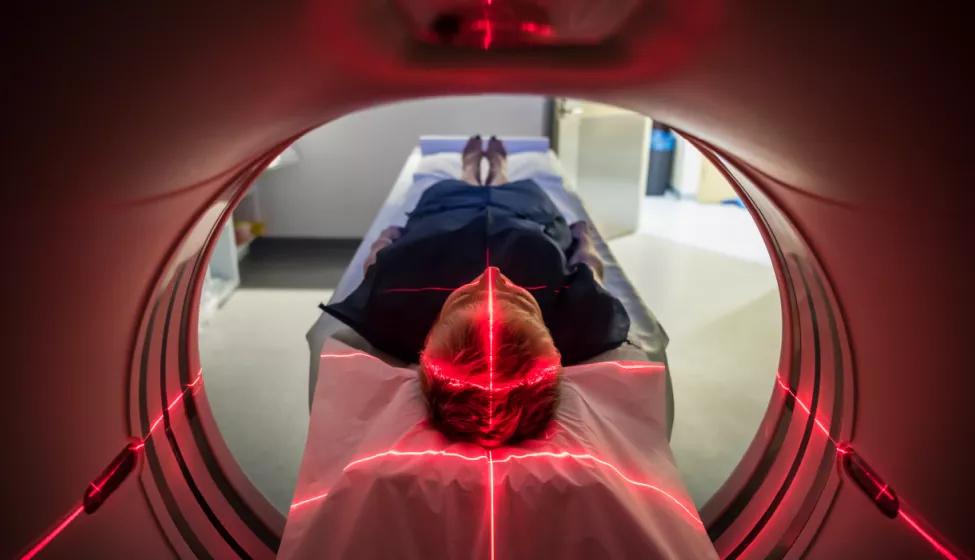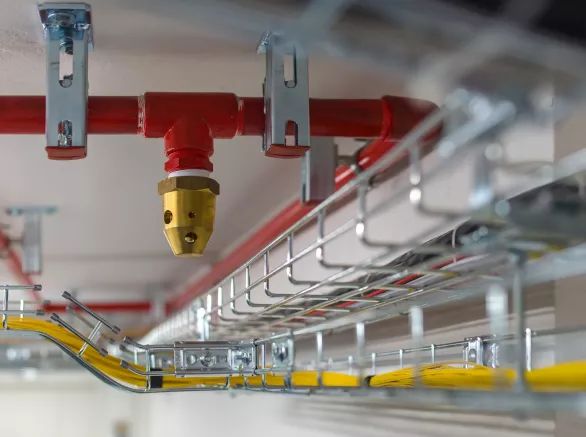April 5, 2021
New resource center explains terms & concepts for evaluating the biocompatibility of medical devices
As part of its ongoing adoption of a risk-based approach to biological evaluation of medical devices through ISO 10993-1, the U.S. Food & Drug Administration (FDA) recently opened a Biocompatibility Assessment Resource Center to outline important terms and concepts for biocompatibility evaluations of medical devices. This is not meant to replace ISO 10993-1, or related FDA guidance, but rather to educate medical device manufacturers on the importance of, and appropriate methods for, rigorous and comprehensive biological safety and risk assessments.
The resource center is divided into an easy-to-follow process in the form of four steps laid out on the website:
Step 1: Biocompatibility Basics à Basics of Biocompatibility including a glossary of biocompatibility terms
Step 2: Evaluation Endpoints à Biocompatibility Evaluation Endpoint Tables (by device category and contact duration)
Step 3: Test Articles à Documenting How a Test Article Compares to the Proposed Medical Device
Step 4: Test Report à What Should I Put in a Test Report?
Biological safety of medical devices is a key consideration for regulatory approval, and FDA and other regulatory bodies outside of the U.S. continue to provide support for manufacturers by creating resources like this, along with guidance documents and other programs.
How Exponent Can Help
Exponent's multidisciplinary team of toxicologists, biomedical engineers, chemists, and materials scientists has experience conducting chemical testing and risk assessments to help clients address biocompatibility requirements. Our team routinely evaluates the safety and biocompatibility of devices and device materials, including potential impacts due to changes in medical devices. Exponent has extensive experience in the following:
- Assisting clients in preclinical testing strategy for medical device biocompatibility requirements for FDA Premarket Applications (PMAs), Humanitarian Device Exceptions (HDEs), Investigational Device Exemptions (IDEs), and Premarket Notifications (510(k)s).
- Performing chemical characterization studies to identify extractable/leachable substances using a variety of analytical techniques according to ISO 10993 standards.
- Conducting toxicological risk assessments based on the results of chemical characterization testing and preparing reports for regulatory submissions.
- Evaluating and summarizing conclusions on the overall biocompatibility of a device (or device component) based on literature searches and existing in vitro and in vivo data.
- Performing data gap analyses to aid clients in decisions on biocompatibility endpoints for testing.
- Conducting data gap analyses based on the identified extractables/leachables to determine the feasibility of a risk-based approach in biocompatibility assessments.




